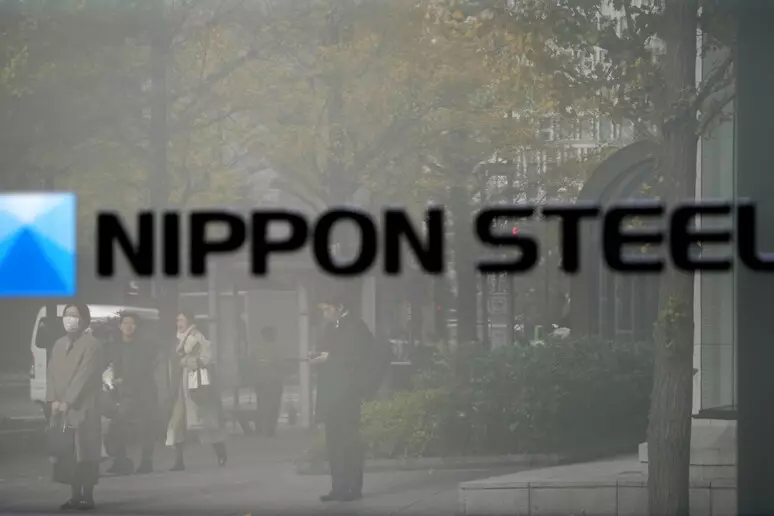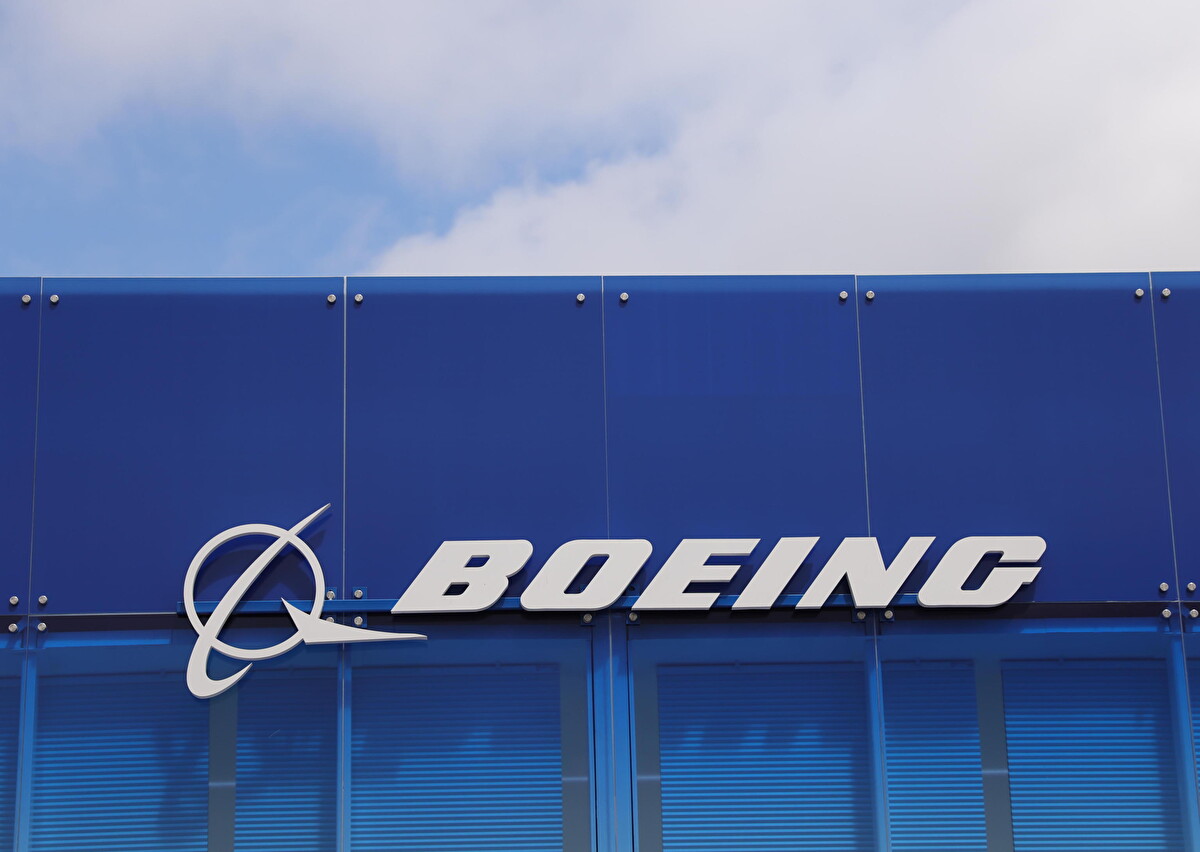A “partnership” to relaunch American industry and send a strong signal to the market. That’s how Donald Trump described the merger between U.S. Steel and Japan’s Nippon Steel, which he has just approved after months of uncertainty and political tension. The president spoke of a deal capable of generating $14 billion for the U.S. economy and creating at least 70,000 new jobs, envisioning a transpacific industrial alliance.
The green light comes after Joe Biden had previously blocked Nippon’s $14.9 billion acquisition proposal, citing national security concerns. The White House feared that the entry of foreign capital into a strategic sector such as steel could weaken the resilience of American supply chains.
The GOP leader, however, took a different path. In early April, he ordered a new review of the deal by the Committee on Foreign Investment in the United States, and just a few days ago he officially gave the go-ahead to the operation. In his view, this is not a traditional acquisition, but rather a commercial and industrial agreement that enhances the value of both companies involved.
To reassure public opinion and perhaps to offset criticism, Trump confirmed that U.S. Steel’s headquarters would remain in the United States, specifically in Pittsburgh, Pennsylvania, a city long considered a symbol of American steel production. Furthermore, most of the planned investments are expected to materialize within the next 14 months.
The markets reacted immediately: U.S. Steel shares surged on Wall Street, jumping more than 20% and closing at $52.01 per share following the president’s announcement, a sign that, at least in the short term, Wall Street welcomed the move.
Trump also announced that he will hold a rally in Pittsburgh on May 30. Beyond its economic dimension, the event carries a clear political message: it will serve as an opportunity to reaffirm his assertive vision based on strategic investments, domestic job creation, and trade relationships recalibrated in line with American interests.












